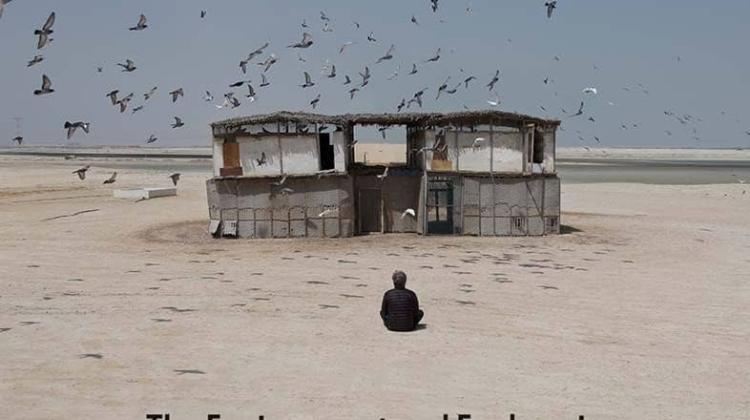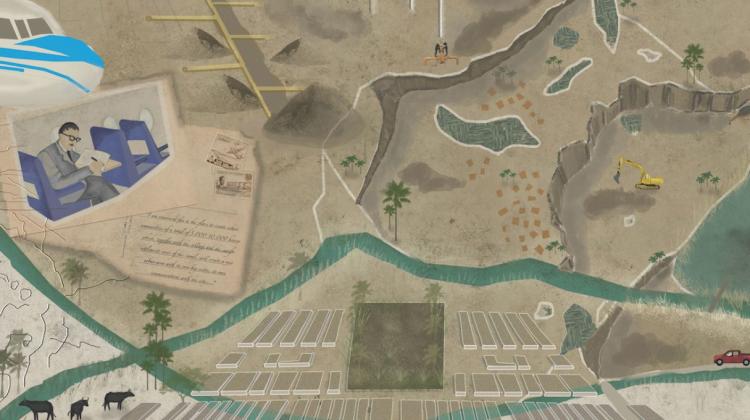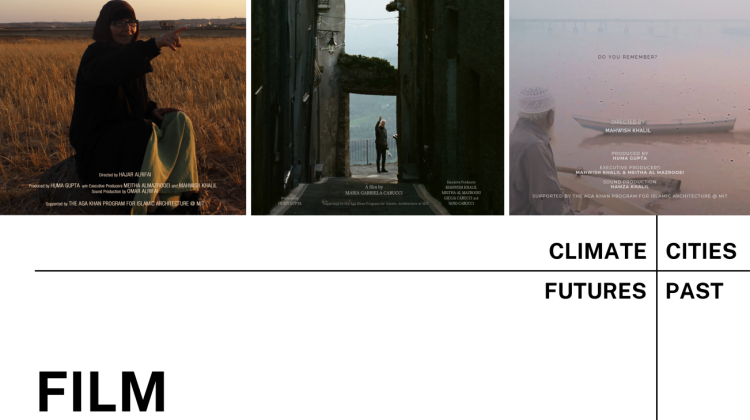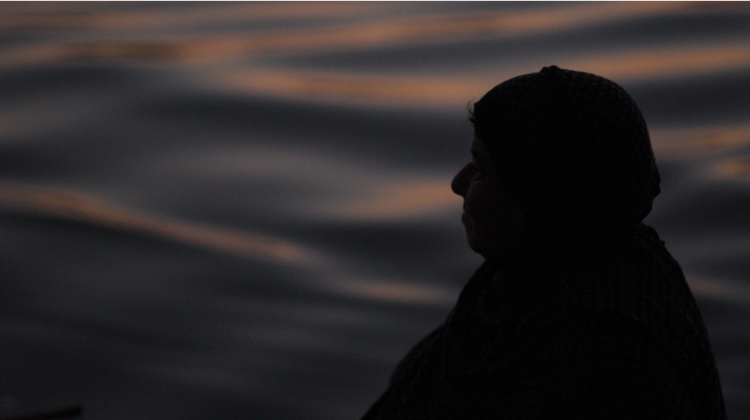Huma Gupta
Huma Gupta is Assistant Professor in the Department of Architecture at MIT in the Aga Khan Program for Islamic Architecture (AKPIA). She is an urban and architectural historian affiliated with the History, Theory & Criticism of Architecture + Art group (HTC) and the Leventhal Center for Advanced Urbanism (LCAU). Dr. Gupta's research broadly addresses the historical emergence of hierarchies and pathways towards dismantling them. Her scholarship historicizes and theorizes hierarchical systems that span urban housing (the 'problem' of informality and the migrant), theories of development (the macroeconomic devaluation of rural housing), and the climate crisis (sustainable building practices and decolonial ecologies). Moving from critique to intervention, her practice challenges hierarchical systems through epistemic and policy interventions, e.g. archival research that center other human and more-than-human subjects, challenging dehumanizing representation of rural migrants and marsh inhabitants through documentary filmmaking, international policy advocacy to better address land, tenure, and water rights of marginalized groups.
Her first book project The Architecture of Dispossession theorizes the relationship between state-building and dispossession through architectural transformations of migrant reed and clay dwellings in 20th century Iraq. And her second book project Dwelling and the Wealth of Nations is an intellectual history of twentieth century macroeconomic calculation debates between economic statisticians from Iraq, India, the US, and UK on the economic value of rural housing. Her scholarship has been published by the Journal of Architectural Education, International Journal of Islamic Architecture, Journal of Contemporary Iraq and the Arab World, MIT Press, AA Files, and Yale University Press.
Dr. Gupta holds a PhD in the History and Theory of Architecture and a Master's in City Planning from MIT. Previously, she was the Neubauer Junior Research Fellow at Brandeis University, Humanities Research Fellow at New York University-Abu Dhabi, and International Dissertation Research Fellow at the Social Science Research Council. Dr. Gupta's courses include Dwelling & Building: Cities in the Global South (lecture course), Archive Fever: Theory and Method (seminar), Decolonial Ecologies (seminar), Climate Futures, Cities Past (Filmmaking workshop), Earth, Reed & Water (seminar), Environmental Histories of Architecture (undergraduate lecture course) and Architecture & the Wealth of Nations (seminar).
As a practitioner, Dr. Gupta has worked on infrastructure projects in Afghanistan, municipal planning in Syria, eviction prevention and homelessness in the greater Boston area, and humanitarian response to housing needs for persons displaced due to climate, conflict, and development projects around the world. And she is currently producing a feature documentary film titled 'She Was Not Alone' about a nomadic woman fighting to stay with her beloved animals in the rapidly disappearing Iraqi marshes. The film project, directed by Hussein al-Asadi, has received awards from the 80th Venice Film Festival's Final Cut Lab, International Documentary Film Festival Amsterdam, Doha Film Institute, Arab Center for Arts and Culture, Red Sea Film Festival, El Gouna Film Festival, and was a finalist for the Sundance Institute Documentary Fund. It is scheduled to premiere in 2026.









